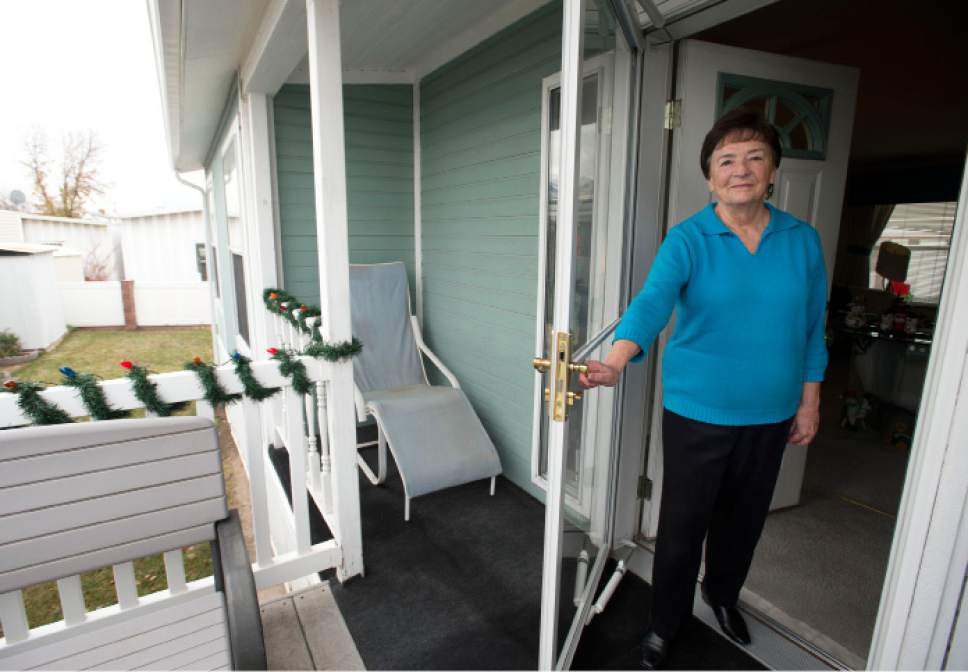This is an archived article that was published on sltrib.com in 2016, and information in the article may be outdated. It is provided only for personal research purposes and may not be reprinted.
The butt of jokes. Pockets of trouble. Eyesores.
All have been used to describe mobile home parks, sometimes deservedly. But there's no arguing one thing: A mobile home is better than no home.
If we're starting out to create affordable housing (and we are), mobile home parks are not what we would create. But if we're trying to preserve what affordable housing stock we have (and we are), mobile home parks are part of that stock.
So if we want to keep mobile homes as a viable housing alternative (and we do), we need a law to protect vulnerable mobile home residents from losing their homes or their money. But if we don't actually enforce that law (and we don't), we're making our affordable housing challenge even harder.
The law, the Mobile Home Park Residency Act, is a reflection of the odd ownership structure at many parks. Residents, many of whom are older people on fixed incomes, often own their homes, but not the land under them.
That wouldn't be such a problem if the mobile homes were actually mobile, but most aren't. That gives the landowners huge leverage over the homeowners, driving up the costs and, in some cases, preventing them from selling their homes so the landlords can buy them later at lower price. (Not all landowners take advantage of their tenants.)
After hearing that the law may not be working, the Utah Legislature two years ago funded a legal help line for mobile home residents. University of Utah law professors ran the help line, taking calls from more than 120 people. Some of their complaints were outside the law's bounds, but for those situations that are covered, the U. professors found a very obvious flaw:
There is no one charged with actually enforcing the Mobile Home Park Residency Act. There is no state agency that has responsibility or funding to see that the law is respected. That means residents can't really use that law without hiring a lawyer and suing, something that is out of the question for virtually all mobile home residents. (Representatives of park owners, not surprisingly, are just fine with the current setup.)
No, mobile homes are not the future of affordable housing, but they can help us get to that future if we can keep them financially viable in the present. Whatever people may think of mobile home life, enforcing state law shouldn't be a joke.



